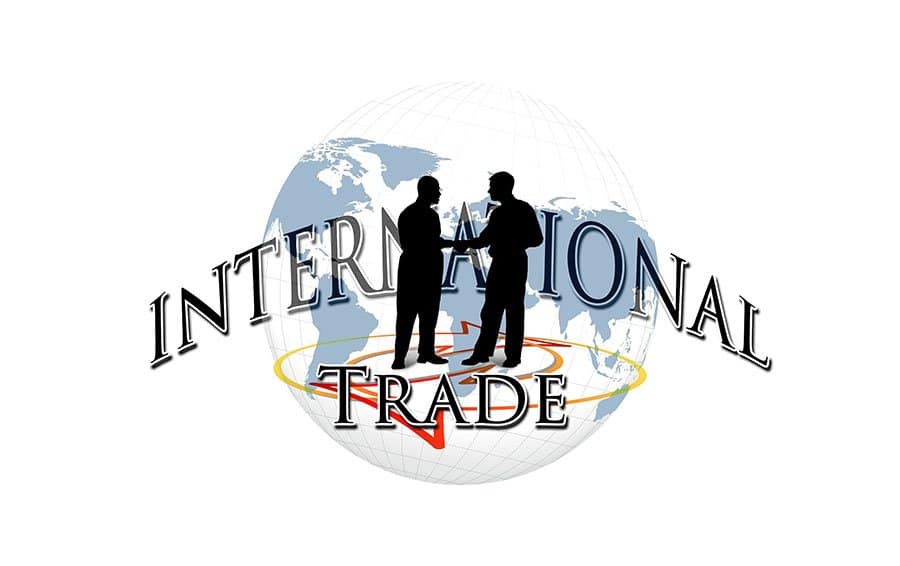The Royal Association of British Dairy Farmers has joined forces with 18 farming bodies to urge the government to remain committed to its trade negotiating objectives as talks reach the final stages with Australia and New Zealand.
At a round table meeting yesterday (17 May) with industry representatives, five principles that are of crucial importance to UK food and farming were agreed. These negotiating principles are:
1. Upholding our high standards of production and positioning the UK as a global leader in sustainable farming and in tackling climate change
2. Recognising the specific sensitivities of some UK farming sectors, such as beef and sheep, in the current negotiations
3. Balancing improved access and lower tariffs for agricultural imports with quotas and other safeguards to avoid irreversible damage to UK farming
4. Ensuring any trade deal is genuinely reciprocal and that the benefits properly reflect how valuable UK market access is for foreign exporters
5. Acknowledging that these deals will establish precedents that will be reflected in all our trade deals
For the dairy sector, any dairy and beef products imported must be produced to the same high standards as those produced in the UK including health, welfare and environmental credentials.
RABDF Chairman Peter Alvis said: “It is important the UK government does not reward other countries with access to our markets who do not share the same high production and environmental standard ambitions.
“The UK dairy industry is coming under increasing pressure to reduce emissions and as part of that, farmers may well have to apply for permits and make changes on their farm in the future to meet net-zero targets. This is a cost every dairy farmer in the UK will have to absorb and it is vitally important therefore, we do not have products of lower environmental, health and welfare credentials filling our supermarket shelves.”
“As a group of organisations, we urge the government to accept the recommendation of the Trade and Agriculture Commission to establish a set of “core standards” that form the basis of a values-based trade policy that is world-leading in its ambitions on climate change, animal welfare and sustainable food production,” Mr Alvis said.
He added: “The FTA with either Australia or New Zealand will be the first entirely new trade deal the UK has struck as an independent trading nation since leaving the EU. It will serve as a template and a model for the UK’s future FTAs, which is why it is vitally important we get this right.”






